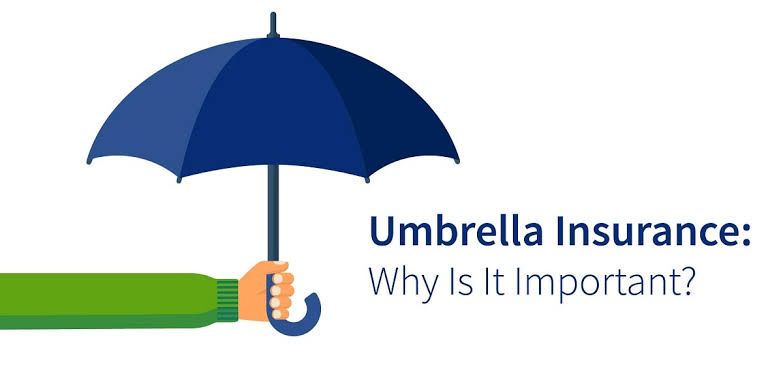
Umbrella Insurance: What It Is and Why You Need It
Umbrella insurance is a type of personal liability insurance that provides extra protection beyond the limits of your standard policies, such as home, auto, or watercraft insurance. It can also cover some situations that are not included in your regular policies, such as libel, slander, false imprisonment, or invasion of privacy. In this article, we will explain what umbrella insurance is and why you need it.
What Does Umbrella Insurance Cover?
Umbrella insurance covers you for any legal liability that you may incur as a result of causing harm to others or their property. This can include:
- Bodily injury:
If you injure someone in an accident, such as a car crash, a dog bite, or a slip and fall on your property, you may be liable for their medical expenses, lost income, pain and suffering, and legal fees. Umbrella insurance can help you pay for these costs if they exceed the liability limit of your primary policy.
- Property damage:
If you damage someone else’s property, such as a car, a house, or a fence, you may be liable for the repair or replacement costs. Umbrella insurance can help you pay for these costs if they exceed the liability limit of your primary policy.
- Personal injury:
If you cause harm to someone’s reputation or rights, such as by defaming them, invading their privacy, or falsely imprisoning them, you may be liable for their damages and legal fees. Umbrella insurance can help you pay for these costs if they are not covered by your primary policy.
How Does Umbrella Insurance Work?
- Umbrella insurance works as a secondary layer of protection that kicks in after your primary policy has been exhausted. For example, suppose you have a car insurance policy with a liability limit of $300,000 and an umbrella insurance policy with a limit of $1 million. If you cause a car accident that results in $500,000 of bodily injury and property damage to the other party, your car insurance will pay up to $300,000 and your umbrella insurance will pay the remaining $200,000.
- To qualify for umbrella insurance, you must have a primary policy with a minimum amount of liability coverage. The exact amount may vary depending on the insurer and the type of policy, but it is typically between $150,000 and $300,000 for auto insurance and between $250,000 and $500,000 for homeowners insurance .
The cost of umbrella insurance
Umbrella insurance is usually sold in increments of $1 million, up to a maximum of $10 million or more. The cost of umbrella insurance depends on several factors. Such as your personal risk profile, the amount of coverage you choose, and the insurer you select. However, umbrella insurance is generally affordable compared to the amount of protection it offers. According to Investopedia , the average annual premium for a $1 million umbrella policy is between $150 and $300.
Why Do You Need Umbrella Insurance?
Umbrella insurance is not mandatory, but it is highly recommended for anyone who has significant assets or income that could be at risk in a lawsuit. Without umbrella insurance, you may have to pay out of pocket for any liability claims that exceed your primary policy limits or are not covered by your primary policy. This could jeopardize your financial security and future.
Some situations that may increase your need for umbrella insurance include:
– Owning expensive or risky assets, such as a luxury car, a boat, a swimming pool, or a trampoline
– Having a high net worth or income that makes you an attractive target for lawsuits
– Engaging in activities that expose you to potential liability claims, such as driving frequently, hosting guests on your property, coaching youth sports, serving on a nonprofit board, or volunteering
– Posting reviews or opinions online that could offend or harm someone’s reputation
If any of these scenarios apply to you, you should consider getting umbrella insurance to protect yourself from unexpected and costly liability claims. Umbrella insurance can give you peace of mind and confidence that you have adequate coverage for any situation.
